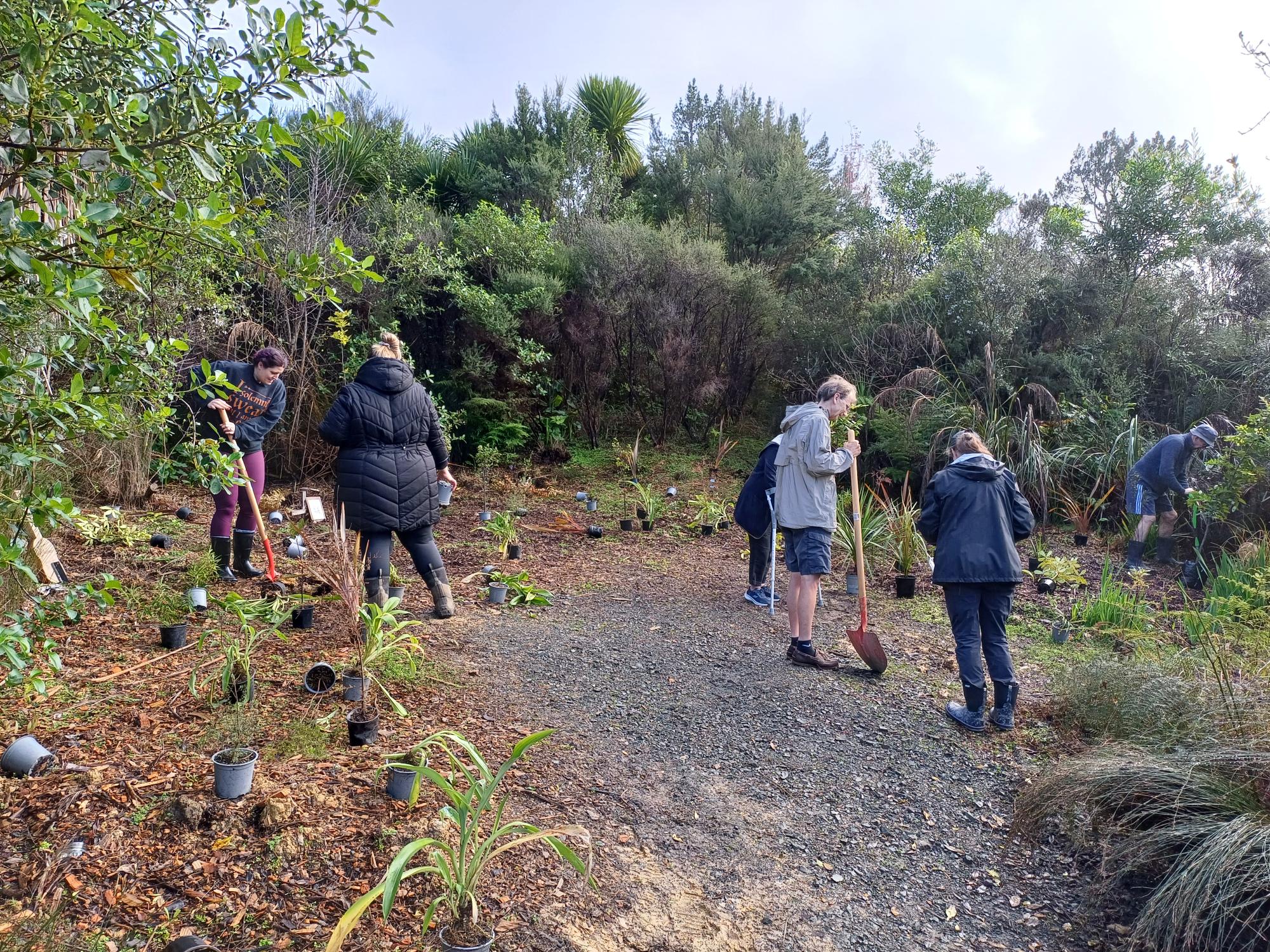How are you feeling today? Have you taken time to care for your mind like you would your body?
Have you ever driven somewhere only to realise you don’t remember any of the trip? Or have you eaten your lunch at your desk without tasting a single bite? Our busy lives, mean we’re often multi-tasking, juggling priorities and trying to fit a lot into a small window of time.
Being present and staying focused isn’t always easy to do.
Stop for a moment and count up the number of minutes, or hours you’ve spent on social media, watching TV, or answering emails? Now consider just taking a few minutes out from each of those to stop and be mindful.
What is Mindfulness?
Mindfulness simply means paying attention to the present moment.
Smiling Mind describe Mindfulness as paying attention to the present moment with openness, curiosity and without judgement.
Practising mindfulness can help you to cope with everyday life and deal with tough times. It can also help you to concentrate, relax and be more productive at work and at home.
You don’t need to block out 30 minutes to practice meditation in order to experience the benefits of mindfulness at work. A moment is all it takes.

Here are 8 tips to make mindfulness part of your routine
Practice mindfulness during routine activities
Try bringing awareness to the daily activities you usually do on autopilot like when you’re brushing your teeth, taking a shower, eating breakfast or walking to work. Focus in on the sight, sound, smell, taste and feel of these activities.
Practice right when you wake up
“Mindfulness practice first thing in the morning helps set the ‘tone’ of your nervous system for the rest of the day, increasing the likelihood of other mindful moments.
Let your mind wander
Our mind and brain are natural wanderers – much like a crawling toddler or a puppy. Having a “busy brain,” is actually an asset but it requires practice to bring it back.
Keep it short
Our brains respond better to bursts of mindfulness. Being mindful several times a day is more helpful than a long session or even a weekend retreat. While 20 minutes seems to be the gold standard, starting at a few minutes a day is OK, too.
Practice mindfulness while you wait
In our fast-paced lives, waiting is a big source of frustration – whether you’re waiting in line or stuck in traffic. But while it might seem like a nuisance, waiting is actually an opportunity for mindfulness. When you’re waiting for a train or bus or in the line for your morning coffee, bring your attention to your breath. Focus on “the flow of the breath in and out of your body”.
Pick a prompt to remind you to be mindful
Choose a cue that you encounter regularly to shift your brain into mindful mode. For instance, you might pick a certain doorway or mirror or use drinking coffee or tea as a reminder.
Learn to meditate
The best way to cultivate mindfulness in everyday life is to practice meditation. Like learning a new language, you can’t just decide to meditate. Practicing meditation is how to learn the language of mindfulness. Meditation helps us tap into mindfulness with little effort.
There are many Apps available to help start you on your journey of mindfulness.
The Smiling Mind free App has been developed collaboratively with educators and psychologists to help children and adults bring balance to their day through short guided meditations.
Practice Yoga or Pilates
Yoga brings the body and mind together and is built on three main elements – exercise, breathing and meditation. Pilates lengthens and stretches all the major muscle groups in the body in a balanced fashion. It improves flexibility, strength, and balance and body awareness. Both yoga and Pilates improve muscular and postural strength.
You can start being mindful with just a few short minutes each day.
Programmed is a leading Staffing and Maintenance organisation, providing staffing, professional, technical, training and maintenance services across Australia and New Zealand with more than 20,000 employees supporting industry.
Are you ready for your next career opportunity? Browse jobs here




